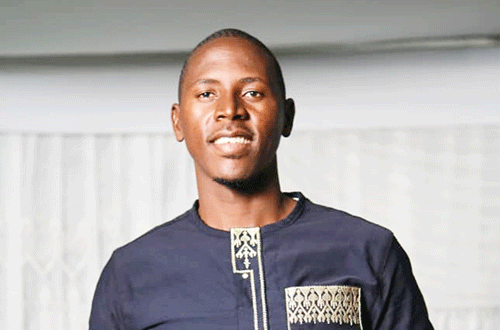Over the years, many schools have organised events to raise funds to finance projects that enhance learners’ educational experiences through infrastructure development.
These projects often include renovations and new constructions like school halls, laboratories, libraries, classrooms, hostels, and fences. One common fundraising method is hosting gala dinners.
However, the amounts raised at these events often leave one in awe, not because of the success, but because the support from the community, businesses, and government tends to fall short of expectations.
Yet, the need for public and business community support extends far beyond these events, touching every aspect of human, social, and community development.
At times, one might believe the economy’s struggles are the reason schools receive little in their efforts to raise funds for these essential projects.
However, the Swapo Party fundraising gala dinner, held on 6 September, aimed at supporting the Presidential and National Assembly elections campaign for 27 November, proved otherwise.
The event gathered over 250 delegates nationwide and raised more than N$16 million in just a few hours. This amount was raised through auctioning portraits of national liberation icons and contributions from prominent businesspeople.
For instance, businessman Joseph Andreas purchased a photo of founding president Sam Nujoma for N$270 000, while lawyer Sisa Namandje bought a photo of the late Hage Geingob for N$110 000. Additionally, a portrait of Ben Amathila and the late Toivo Ya Toivo fetched N$26 000.
Major contributions included N$1.5 million from the Rani Group and N$500 000 from the Emirate Group of Companies. Various other individuals and families, including the Nandi-Ndaitwah family and Prime Minister Saara Kuugongelwa-Amadhila, also made notable contributions.
In contrast, school fundraising efforts in Namibia typically yield far less. For example in 2017, Okondjatu Combined School in Otjozondjupa region raised N$25 000 in pledges and N$34 000 from ticket sales to support hostel renovations for its 1 050 pupils.
De Duine Secondary School in Erongo region managed to raise N$245 000 in pledges and N$255 000 from ticket sales at a gala dinner in September 2023.
However, smaller schools like Kehemu Junior Primary School in Kavango East, with 1 475 learners, only raised N$53 000 at a similar event in the same year.
Most recently, on 16 May this year, Faustinus Haididira Combined School, also in Kavango East, raised around N$165 000 for the construction of a school hall. With 623 learners, the funds were far less than what is needed for such a large-scale project.
It is clear from these figures that schools need much more support from their communities. Schools are integral parts of the community, yet their projects often lack the financial backing necessary to succeed. The question arises: if these projects benefit the community, why do we not see the same level of enthusiasm for school fundraisers as we do for political campaigns?
Why is it easier to raise millions for a political party that has governed for 34 years than for schools that are nurturing the next generation of leaders? I hope that in the future, we will see more individuals and businesses supporting projects that directly benefit the Namibian child.
On 14 September, Matumbo Angeline Ribebe Secondary School in the Shambyu Circuit, Kavango East, will host a fundraising gala dinner for a new school hall. Given the modest amounts typically raised at these events, it is time for the business community, companies, and individuals to show maximum support. Contributing to this project will not only benefit the learners of today but also future generations.
The Rani Group, which pledged N$1.5 million at the Swapo gala dinner, employs many people in Namibia and could significantly impact by supporting this school’s project. A pledge from Swapo itself, even a small portion of the N$16.2 million raised, would also be a powerful statement of commitment to education and the future of Namibian children.
*Frans Filipe Kandjilu is a teacher, dynamic youth leader, and social justice advocate. He is the CEO and founder of the Conscious Mind Training Institute, where he conducts leadership training and team-building activities for students, public servants, and corporate leaders.


